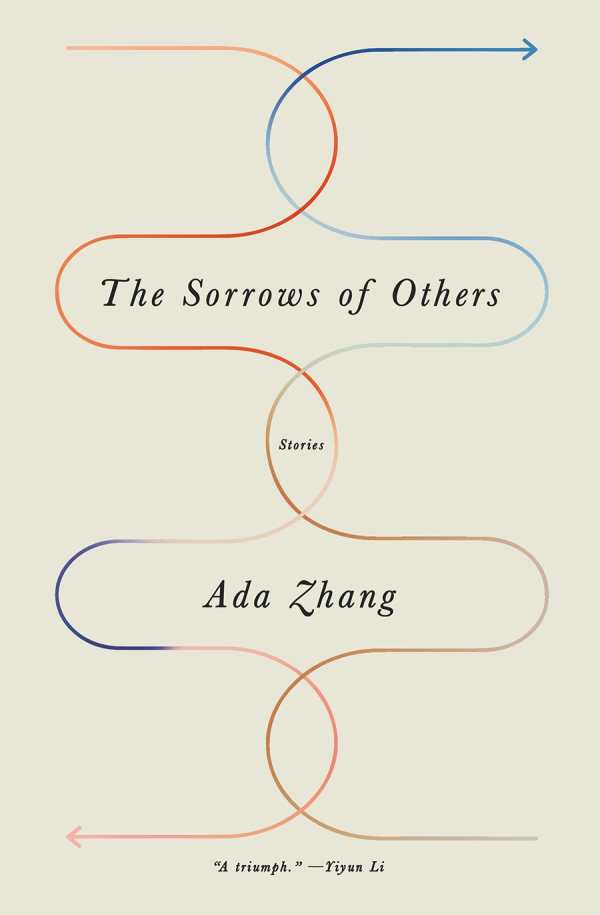The Sorrows of Others
In Ada Zhang’s short story collection The Sorrows of Others, people of all ages confront personal and cultural losses.
Throughout the book, Chinese and Chinese American people face an age-old problem: loneliness in the company of others. Whether contemplating their relationships with spouses, roommates, former friends, or parents, each character is faced with difficult decisions regarding where to live, whom to live with, how to deal with the painful past, and whom to forgive.
Cultural and generational differences play a vital role in how these characters interpret and navigate the world. Nowhere is this more stark than in “Knowing,” in which a woman discovers a harrowing connection between her old math tutor, who survived China’s Cultural Revolution, and her distant mother. “The Subject” deals with a similar topic as an art student who’s struggling to find herself learns more than she cares to know about her elderly roommate.
Acknowledging that there are many ways to be alone, or to find solace and connection with others, the collection reveals that a solution that works for one person might bring misery to another. In “The Sorrows of Others,” an arranged marriage gives a longtime widower an unconventional sense of comfort; in “Any Good Wife,” a similar marriage forces its husband and wife to go through the motions of a happy relationship in the hopes of forgetting past sorrows.
Across years and continents, people relive the decisions that brought them to their current states; they mourn opportunities that will never appear again. The specificity of their cultural experiences fuses with the universality of their grief, resulting in resonant scenes amid their ordinary, remarkable lives.
By turns poignant and tragic, The Sorrows of Others is a tender short story collection in which loneliness and isolation shape lives.
Reviewed by
Eileen Gonzalez
Disclosure: This article is not an endorsement, but a review. The publisher of this book provided free copies of the book to have their book reviewed by a professional reviewer. No fee was paid by the publisher for this review. Foreword Reviews only recommends books that we love. Foreword Magazine, Inc. is disclosing this in accordance with the Federal Trade Commission’s 16 CFR, Part 255.

